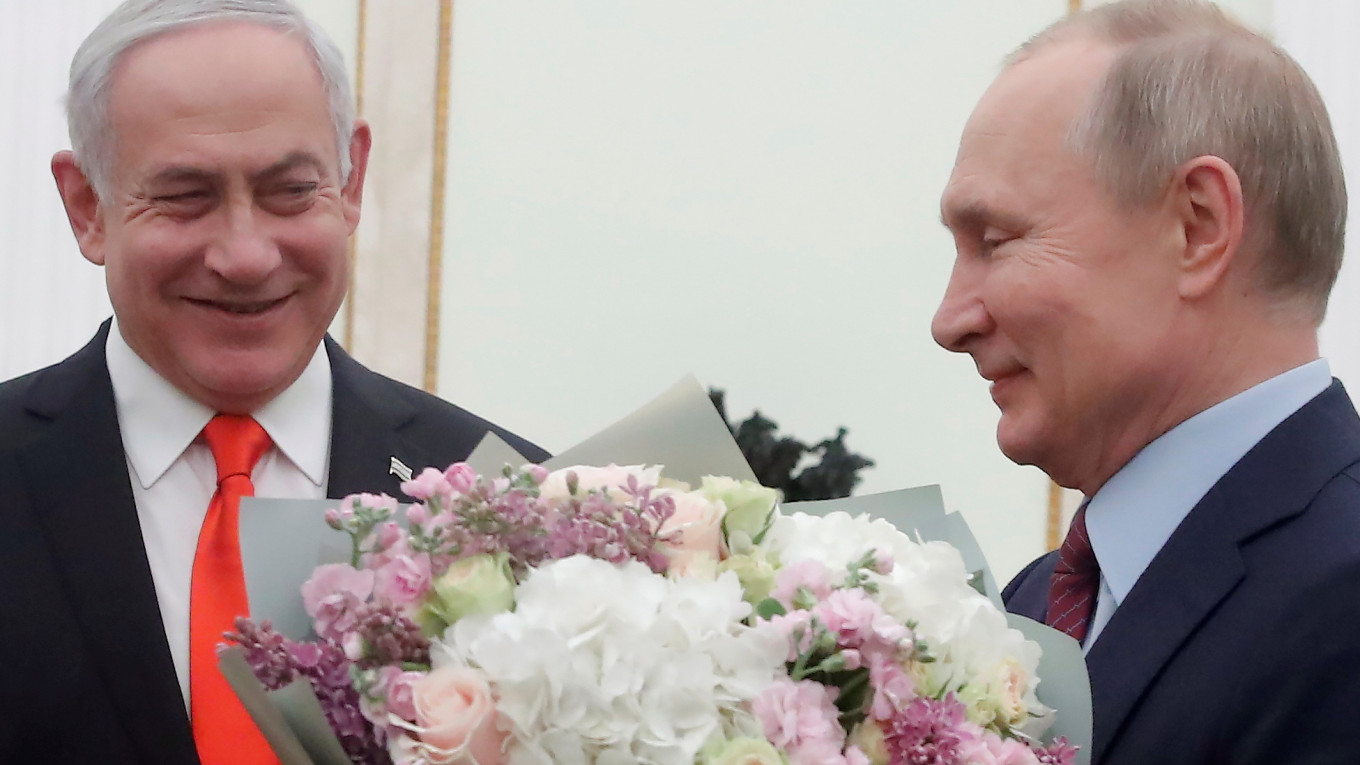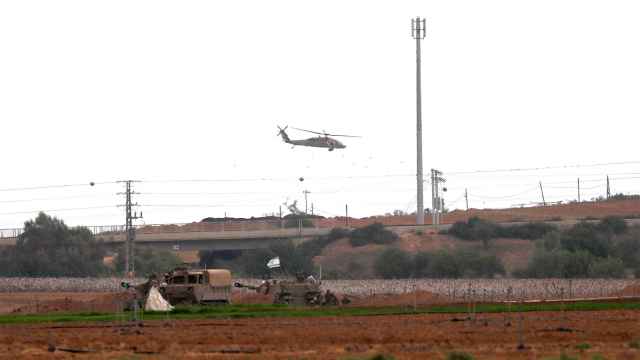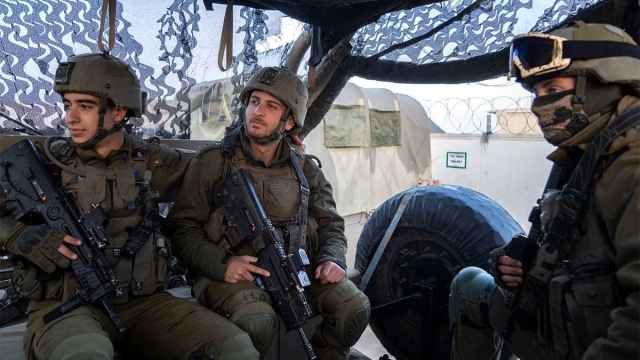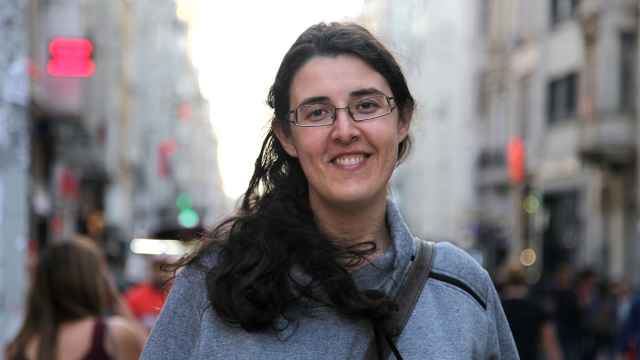What are the implications of the latest outbreak of hostilities for Russia’s diplomacy in the Israel-Palestine conflict? By distancing itself from its previous aspiration to act as a mediator, Moscow has sought to gain leverage with Israel through its political support to Palestinian groups. To become a key actor in the conflict would bolster Russia’s position in the region, substantiating Moscow’s claims to being a great power with global reach.
While it is unlikely that Hamas will defeat Israel’s armed forces, the surprise, scale and impact of the attack will have far-reaching consequences.
Russia’s ties with both Israel and Palestine are complex and long-standing. When the state of Israel was created in the 1940s, it found opportunistic, but still substantive, support among Eastern Bloc countries, including weapon deliveries from Czechoslovakia. However, by the late 1960s, the Soviet Union had shifted decidedly toward Israel’s opponents, providing support to Egypt in the run-up to the 1973 Yom Kippur War.
Since the start of Russia’s full-scale invasion of Ukraine, this foreign policy approach of balancing both sides has been limited by the international sanctions imposed on Russia. Faced with global isolation, Russian foreign policy has relied on countries sharing Moscow’s anti-Western outlook. Yet Israel still regards the U.S. as its essential security provider, a relationship that increasingly contradicts its relatively positive relations with Moscow.
Hamas’ surprise attack on Israel has already led to states declaring their positions in the new round of fighting, and pledging their support to one side or another. Most countries condemned the assault, while some remained neutral and only a handful publicly supported the group. Unfortunately for Israel, no Middle Eastern state has condemned the war so far, as most support Hamas.
The United Nations Security Council held a closed-door meeting with Israel’s Ambassador to the UN who before the gathering called on the international community to condemn the attack. Russia reportedly opposed the condemnation of the Hamas offensive, meaning no joint statement was issued. However, Russia did not express support for Hamas, and called for a ceasefire and de-escalation. Moscow and Beijing both diverged from the West by adopting this middle-of-the-road approach, eliciting disappointment from Israeli officials.
The frustration has not yet been expressed toward Moscow, however, at least not overtly. On Oct. 8, Alexander Ben Zvi, Israel’s Ambassador to Russia, said that there might be Russian citizens among the victims of Saturday's attack by Hamas, but did not explicitly mention Moscow’s position about the latest outbreak of hostilities. Meanwhile, Palestine’s Ambassador to Moscow, who does not represent Hamas, praised Russia’s position as “constructive.”
All the while Russia has been making diplomatic overtures with the Arab world. Russian Foreign Minister Sergei Lavrov released a joint call to “stop the escalations” with the foreign minister of Egypt, another key player in the conflict. On Monday, Lavrov spoke with the General Secretary of the Arab League, Ahmed Aboul Gheit, in Moscow. After their meeting, the pair vowed to work together to “stop the bloodshed,” with Lavrov reiterating the need for the UN to make a decision about the independence of Palestine.
These moves might become important to position Russia in future intra-Arab dialogue, as the Palestinian Authority (another entity separate from Hamas) called for an emergency meeting of the Arab League this week to discuss the fighting. Lavrov’s meeting with Aboul Gheit reveals much about Russia's plan to stand with the Arab League and its own position on the conflict.
To make an already complex situation even more complicated, Ukraine, another country at war, is pursuing its own goals in the region. Since 2022, Ukraine, hoping to rally as much global support as possible, but also interested in counteracting Iran, an ally of Russia, has been stepping up its diplomatic efforts in the Middle East despite Russia’s influence. Shortly after Saturday’s attack by Hamas, Ukrainian President Volodymyr Zelensky called Israel’s Prime Minister Benjamin Netanyahu to express his solidarity. As of Monday, it was not clear if Russian President Vladimir Putin intended to make a similar call with the Israeli leader.
Israel’s internal political crisis over judicial reform and change of government also altered Israel’s foreign policy toward Russia’s war on Ukraine. Yair Lapid’s brief tenure as Prime Minister saw the country pledge military assistance to Ukraine. However, Netanyahu’s return to the premiership changed the country's foreign policy course, shifting back to a middle road on the Ukraine war. Last month, he not only met Zelensky in person, but his government signed an agreement to develop films with Russian artists, prompting accusations of enabling Russian propaganda from Kyiv.
Despite Russia's calls to resume dialogue between Hamas and Israel, Moscow has signaled its convergence with the Arab League and not with Israel. There has been little effort to appear “even-handed” by making parallel overtures to Israel. The path forward for Russian diplomacy in the Israel-Palestine conflict will be shaped by how the ongoing fighting evolves, how Israel perceives Moscow’s ongoing diplomatic maneuvering, and whether the reported capture of Russian citizens by Hamas is confirmed. Kyiv’s outreach might work in chipping away at Russia’s influence, too.
In any case, one thing is certain — as the war unfolds and a humanitarian crisis looms over the horizon, Russia’s moves will be driven by the self-serving quest for influence.
A Message from The Moscow Times:
Dear readers,
We are facing unprecedented challenges. Russia's Prosecutor General's Office has designated The Moscow Times as an "undesirable" organization, criminalizing our work and putting our staff at risk of prosecution. This follows our earlier unjust labeling as a "foreign agent."
These actions are direct attempts to silence independent journalism in Russia. The authorities claim our work "discredits the decisions of the Russian leadership." We see things differently: we strive to provide accurate, unbiased reporting on Russia.
We, the journalists of The Moscow Times, refuse to be silenced. But to continue our work, we need your help.
Your support, no matter how small, makes a world of difference. If you can, please support us monthly starting from just $2. It's quick to set up, and every contribution makes a significant impact.
By supporting The Moscow Times, you're defending open, independent journalism in the face of repression. Thank you for standing with us.
Remind me later.








